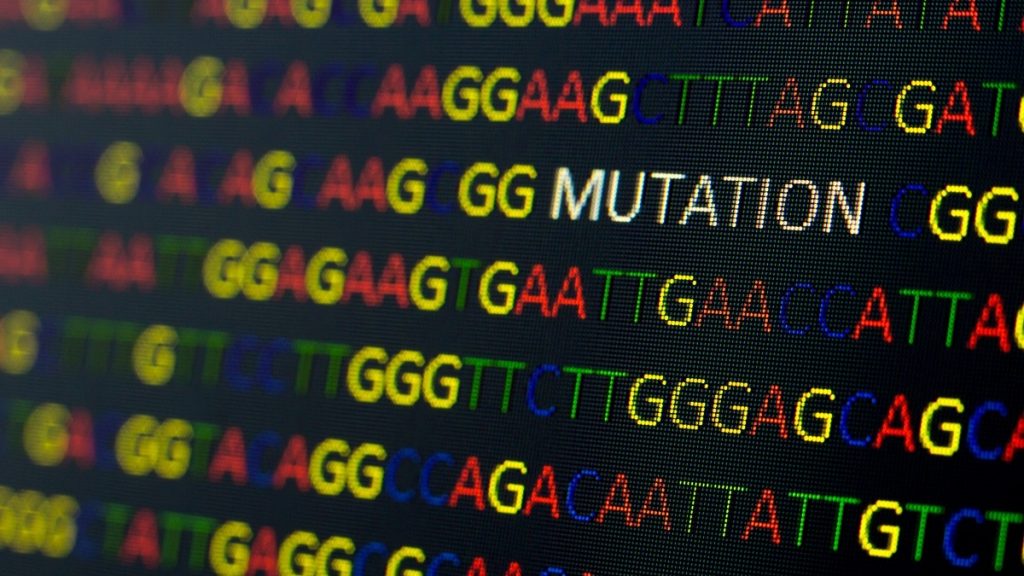December 18, 2020 (Huntsville, AL) – Through his role as the medical director of the Smith Family Clinic for Genomic Medicine, Dr. David Bick, MD, who also serves as chief medical officer and Faculty Investigator at the HudsonAlpha Institute for Biotechnology and a laboratory director in the HudsonAlpha Clinical Services Laboratory, has witnessed firsthand the value of using whole-genome sequencing (WGS) to solve cases of misdiagnosed and undiagnosed genetic disease.
Patients referred to the clinic have usually been on a diagnostic odyssey—searching for answers for many years, visiting dozens of doctors, and some receiving misdiagnoses. WGS allows clinical geneticists like Bick to look at all of the patient’s genes at once, greatly increasing the likelihood of making a diagnosis.
However, a lack of standards for best-in-class clinical WGS presents a barrier to its widespread adoption. Because of HudsonAlpha’s expertise using WGS as a clinical test, Bick was chosen to serve as a member of the Medical Genome Initiative (MGI), which consists of genomic medicine experts who work tirelessly to overcome this barrier. The MGI aims to expand access to high-quality clinical WGS for the diagnosis of genetic diseases through the publication of common laboratory and clinical best practices.
The Medical Genome Initiative’s second manuscript on best practices for clinical WGS, “Clinical utility of genomic sequencing: A measurement toolkit”, was recently published in npj Genomic Medicine. In the paper, Bick and the MGI team presented best practice recommendations for measuring and assessing the clinical utility of WGS for patients with rare disease. The measurement toolkit provides a resource for laboratories, clinicians, and researchers looking to characterize the value of WGS beyond the laboratory.
The group also endorsed the use of clinical WGS as a viable first-tier test for rare disorders, and suggested that it replace other tests like chromosomal microarray analysis and whole-exome sequencing as a first-tier test.
“Providing evidence showing that whole-genome sequencing improves patient outcome is critical for the medical community and insurers to accept whole-genome sequencing as a first line test to diagnose rare genetic diseases,” said Bick. “ This publication is designed to help other labs and the genetic community as a whole design studies that provide that evidence.”
The full manuscript can be accessed online here. The publication was authored by members of the clinical utility working group on behalf of the Medical Genome Initiative.


